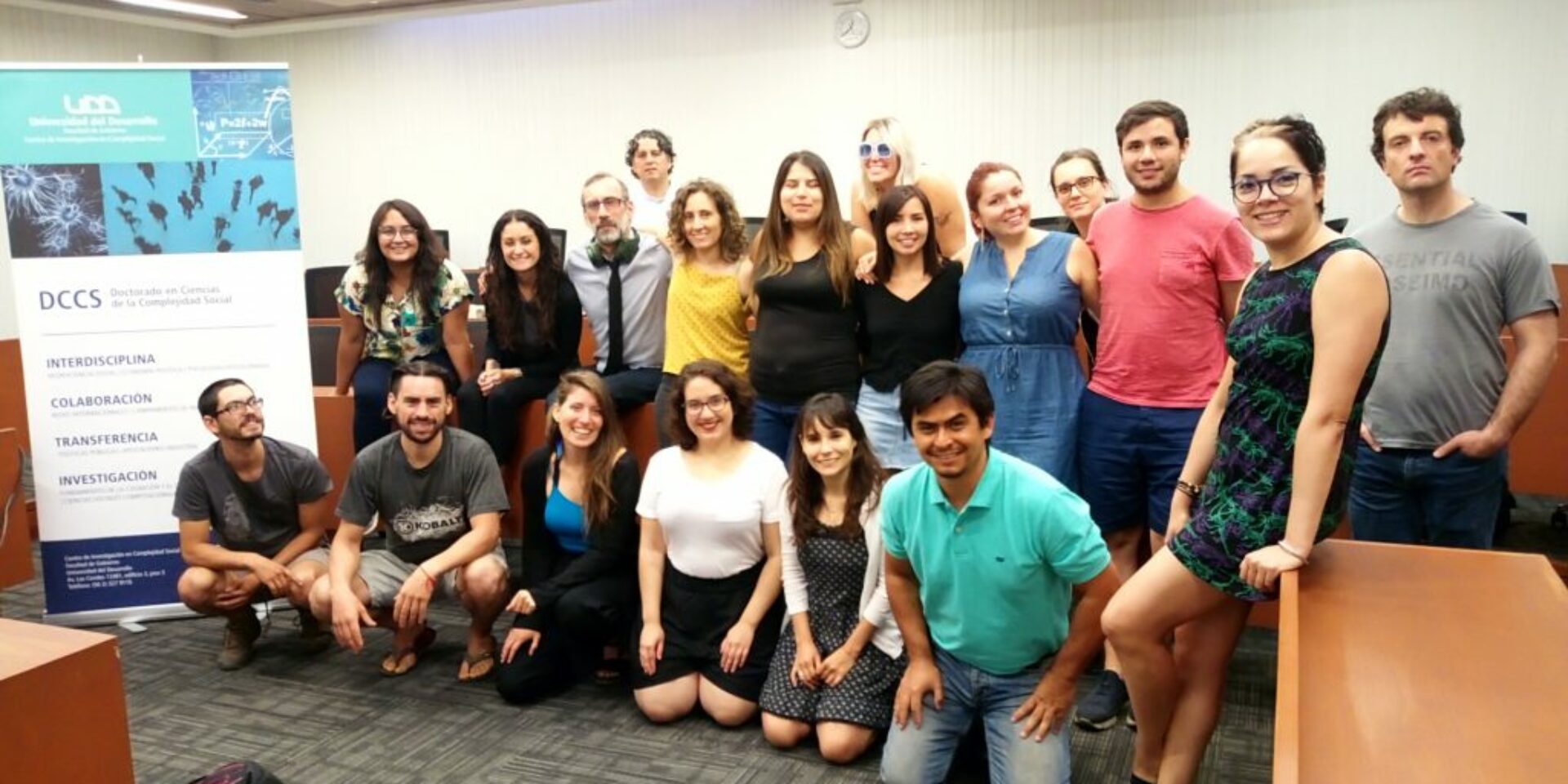
FONDECYT de Iniciación «The role of social status to explain the relationship of mating strategies and testosterone. An experimental design to understand causal relationships in men mating investments».
Pablo Polo (Principal Investigator)
November 2019-October 2021
Collaborating Institutions:
Center for Research in Social Complexity, School of Government, Universidad del Desarrollo.
Participants:
UDD:
Pablo Polo (IR)
Gabriela Fajardo (Es)
Other Participants:
Abigail Arenas (Tec)
Mauricio Aspé (Tech)
Project Description:
Humans exhibit physical and psychological traits that are characteristic of monogamous, polygynous and polygynandrous primates. In turn, humans exhibit a wide inter- and intrasexual variability in sociosexual attitudes and behaviors ranging from the pursuit of committed and long-term relationships to the disposition to casual and uncommitted sex. This mix of traits would indicate that during evolutionary history a number of traits have been selected that would allow for the expression of multiple reproductive strategies. In this regard, the strategic pluralism hypothesis proposes that reproductive strategies in humans (in both males and females) are facultatively calibrated towards the short or long term depending on the expression of certain phenotypic traits and the physical and social environment that would be associated with the cost-benefit ratio of expressing a certain reproductive tactic or another (or a combination of both). This optional adjustment of reproductive tactics would represent an adaptive solution to the fundamental trade-off between investment in mating (short-term reproductive tactic) and investment in parental care (long-term reproductive tactic). This trade-off is especially relevant in males and testosterone, both circulating levels and levels during certain key developmental stages, is thought to play a key role in calibrating reproductive tactics in males. In turn, testosterone may affect reproductive tactics indirectly through the attainment and maintenance of enhanced social status, both through dominance and prestige. The main objective of this study is to investigate the role of activational (circulating) and organizational (during development) testosterone levels on reproductive tactics in men and how this effect is partially mediated by social status acquired through both aggression (dominance) and cooperation (prestige) in a sample of young men. For this purpose we have applied a double-blind, repeated-measures experimental design in which subjects went through a control situation, where they were administered a placebo gel, and an experimental situation in which they were administered a testosterone gel. This will allow us to investigate the causal relationship between testosterone and reproductive tactics, on the one hand, and status-gaining behaviors, on the other. In turn, we employ economic games and an experimental paradigm to measure status-seeking behaviors linked to both dominance and prestige. Finally, we manipulated the sexual composition of the groups, introducing a female confederate in the first phase of the study and a male confederate in the second phase, to investigate the effect of context on the deployment of status-seeking behaviors and reproductive tactics. Through this project, which integrates for the first time the study of the effect of testosterone on aggression, cooperation, and sociosexual attitudes and behaviors, we hope to contribute to broadening and deepening the understanding of the traits and contexts that affect and explain variability in reproductive tactics in men.